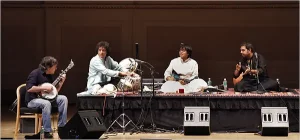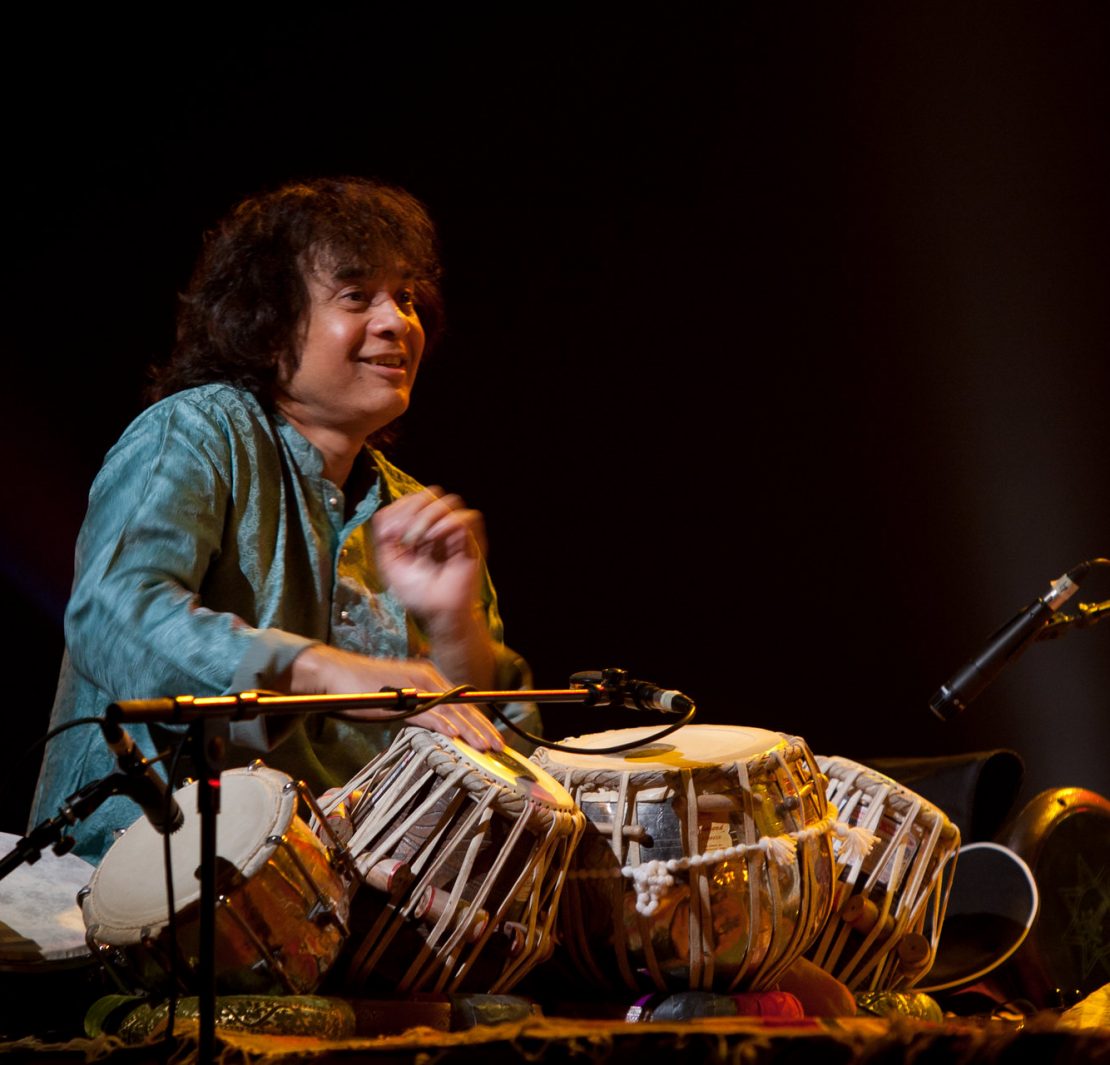Music is often called a universal language, but in the hands of Zakir Hussain, it became something far more extraordinary — a bridge between cultures, a conversation between tradition and modernity. With his quick, graceful fingers moving across the surface of the tabla, he didn’t just create rhythms; he wove stories. Each beat carried the depth of centuries-old wisdom, yet somehow felt as fresh and alive as the present moment. His passing marks the end of an era, but his music — raw, soulful, and timeless — will continue to echo in the hearts of those who listen.
From the lively streets of Mumbai to the iconic stages of Carnegie Hall, his journey was a shining example of what happens when passion meets purpose. As the son of the legendary Ustad Alla Rakha, rhythm was in his blood, but his legacy was entirely his own. Over the years, he didn’t just safeguard the essence of classical Indian music — he expanded its horizons. With fearless creativity, he collaborated with global legends like George Harrison, John McLaughlin, and Herbie Hancock, proving that music knows no boundaries.

Zakir Hussain’s impact on the music industry is nothing short of monumental. As a tabla maestro, he redefined the role of percussion in Indian classical music, transforming it from mere accompaniment to a powerful, solo-driven art form. He brought Indian rhythms into jazz, rock, and world music, inspiring a new generation of artists to think beyond borders.
His influence was equally profound in the world of Bollywood. While most percussionists remained in the background, his unique approach to rhythm and sound design stood out. He brought the raw, earthy sound of the tabla into the world of film music, adding texture and emotion to countless soundtracks. His collaborations with Bollywood’s leading music directors like R.D. Burman, A.R. Rahman, and Shankar-Ehsaan-Loy introduced the wider Indian audience to the magic of live percussion in cinema.
He was more than a musician — he was a force of nature who moved hearts and minds with every beat of his tabla. Through his music, he reminded the world that rhythm is more than mere sound — it is a pulse that connects us all, regardless of language, culture, or borders. As the echoes of his tabla continue to resonate on stages and in studios worldwide, one thing is certain: Zakir Hussain’s story has no end because — his work wasn’t just about filling in the beats, it was about telling a story through rhythm.




